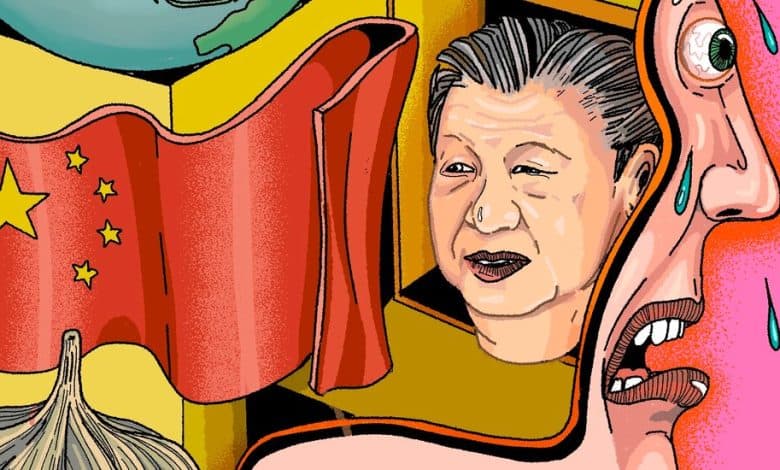Let’s All Take a Deep Breath About China

The amygdala is a pair of neural clusters near the base of the brain that assesses danger and can help prompt a fight-or-flight response. A prolonged stress response may contribute to anxiety, which can cause people to perceive danger where there is none and obsess about worst-case scenarios.
America’s collective national body is suffering from a chronic case of China anxiety. Nearly anything with the word “Chinese” in front of it now triggers a fear response in our political system, muddling our ability to properly gauge and contextualize threats. This has led the U.S. government and American politicians to pursue policies grounded in repression and exclusion, mirroring the authoritarian system that they seek to combat.
Congress has moved to force the sale of TikTok, the Chinese-owned social media application; some states have sought restrictions on Chinese individuals or entities owning U.S. land and on Chinese researchers working in American universities; and the federal government has barred certain Chinese technology firms from competing in our markets. These measures all have a national security rationale, and it is not my intention here to weigh the merits of every one. But collectively they are yielding a United States that is fundamentally more closed — and more like China in meaningful ways.
When you are constantly anxious, no threat is too small. In January, Rick Scott, a senator from Florida, introduced legislation that would ban imports of Chinese garlic, which he suggested could be a threat to U.S. national security, citing reports that it is fertilized with human sewage. In 2017, scientists at McGill University wrote there is no evidence that this is the case. Even if it was, it’s common practice to use human waste, known as “biosolids,” as fertilizer in many countries, including the United States.
More recently, Senator Tom Cotton and Representative Elise Stefanik introduced legislation that would bar the Department of Defense from contracting with Tutor.com, a U.S.-based tutoring company, on the grounds that it poses a threat to national security because it was purchased by Primavera Capital Group, an investment firm based in Hong Kong. Their argument is that this could give the Chinese government backdoor access to the tutoring sessions and personal information of American military personnel who use the firm’s service.
The legislation does not mention that Tutor.com’s student data is housed in the United States, that it volunteered for a security review by the federal Committee on Foreign Investment in the United States and that it created additional levels of data security protection in coordination with the U.S. government. The bill also does not specify how exactly the Chinese government would get access to Tutor.com’s data or what use it would actually have for information on the tutoring sessions of U.S. military personnel.